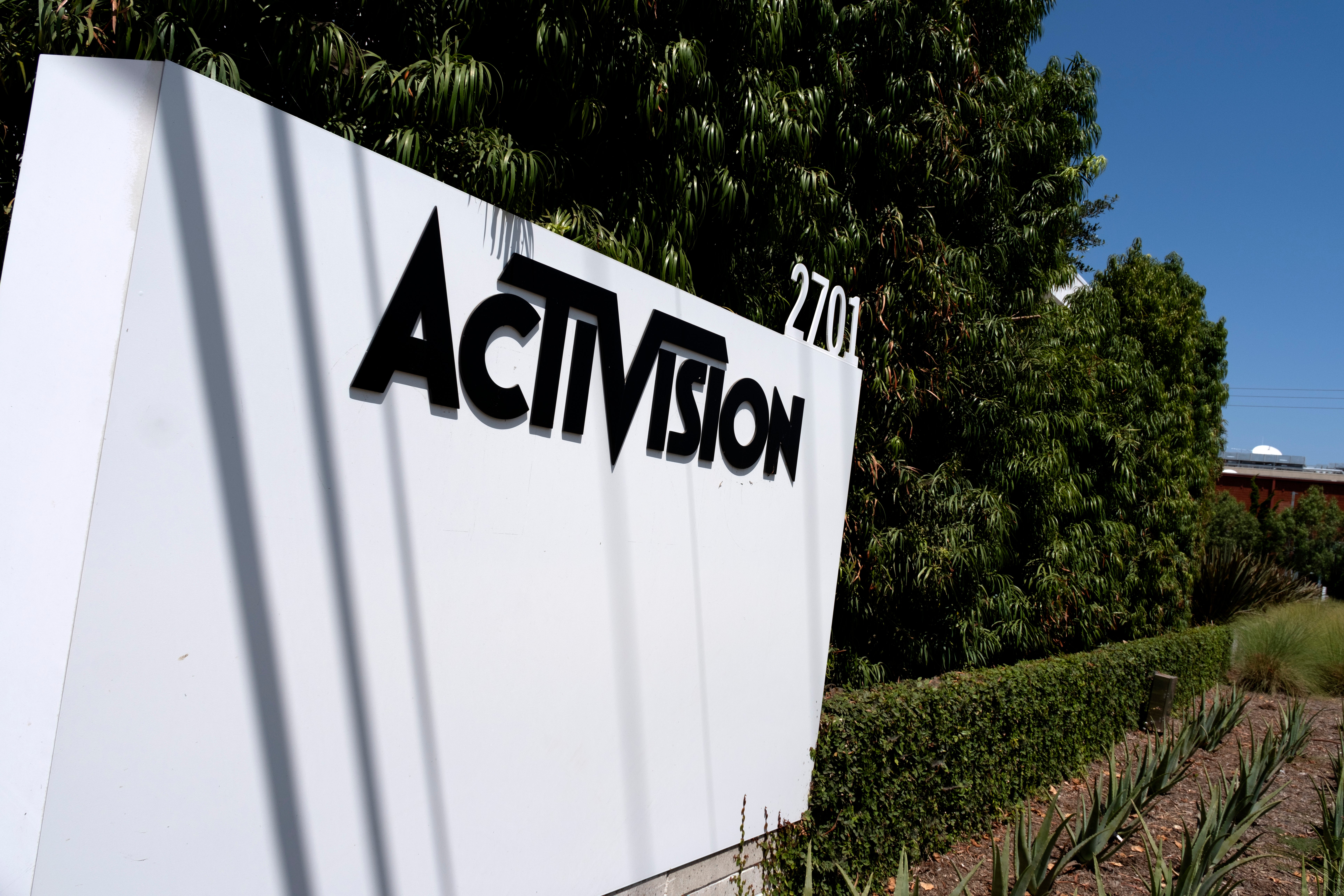Microsoft attempt to buy Call of Duty could go ahead after major new development

Microsoft’s attempt to buy the developer of Call of Duty in the biggest tech deal ever may be pressing ahead.
A judge ruled that Microsoft could go ahead with its purchase of Activision, despite objections from its rival PlayStation.
The US Federal Trade Commission had attempted to block the deal amid fears that it could limit competition in gaming. But the court said that it would not stop the deal.
Now the UK’s Competition and Markets Authority, which originally blocked the deal earlier this year, said that it would consider new proposals from Microsoft that might make the deal reach approval in the UK, too.
“After today’s court decision in the US, our focus now turns back to the UK,” said Brad Smith, vice chair and president at Microsoft. “While we ultimately disagree with the CMA’s concerns, we are considering how the transaction might be modified in order to address those concerns in a way that is acceptable to the CMA.
“In order to prioritize work on these proposals, Microsoft and Activision have agreed with the CMA that a stay of the litigation in the UK would be in the public interest and the parties have made a joint submission to the Competition Appeal Tribunal to this effect.”
The deal would be the largest for Microsoft and the biggest in the history of the videogame business.
In its arguments, the FTC has said Microsoft would be able to use the Activision games to leave rival console makers like Nintendo and market-leader Sony Group out in the cold.
Microsoft President Brad Smith tweeted that the company was “grateful” for the “quick and thorough” decision.
“Our merger will benefit consumers and workers. It will enable competition rather than allow entrenched market leaders to continue to dominate our rapidly growing industry,†Bobby Kotick, Activision Blizzard CEO, said in a statement.
The FTC’s complaint had cited concerns about loss of competition in console gaming, as well as subscriptions and cloud gaming.
To address the FTC’s concerns, Microsoft agreed to license “Call of Duty” to rivals, including a 10-year contract with Nintendo, contingent on the merger closing. During the five-day trial in June, Microsoft CEO Satya Nadella argued the company would have no incentive to shut out Sony’s PlayStation or other rivals in order to sell more Microsoft Xbox consoles.
At issue in the Microsoft-Activision deal is leadership in a gaming market whose sales are expected to increase by 36% over the next four years to $321 billion, according to a PwC estimate. And while much of the testimony in the recent trial focused on “Call of Duty,” Activision produces other bestsellers like “World of Warcraft,” “Diablo” and the mobile game “Candy Crush Saga.”
Additional reporting by Reuters
Join our commenting forum
Join thought-provoking conversations, follow other Independent readers and see their replies
Comments